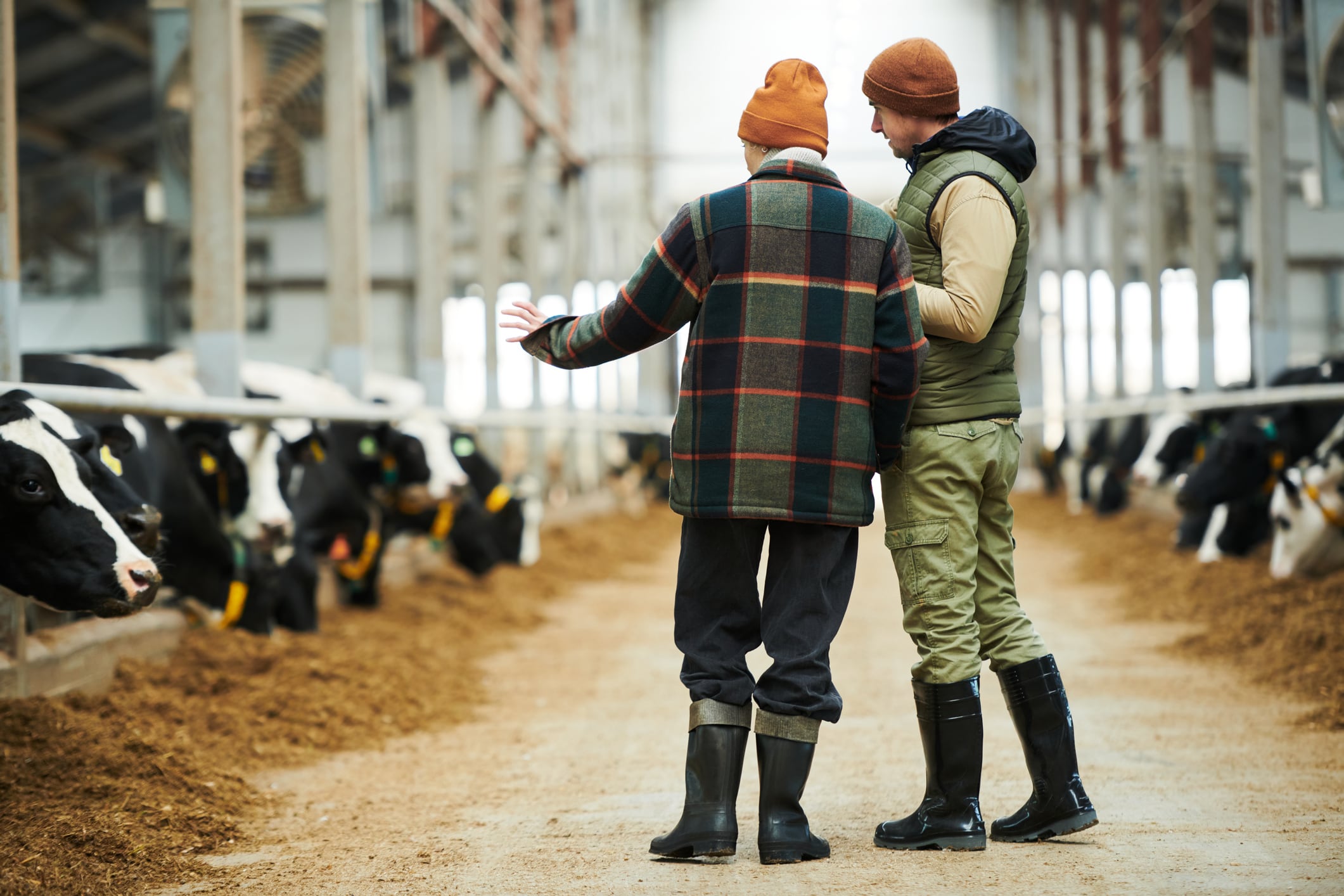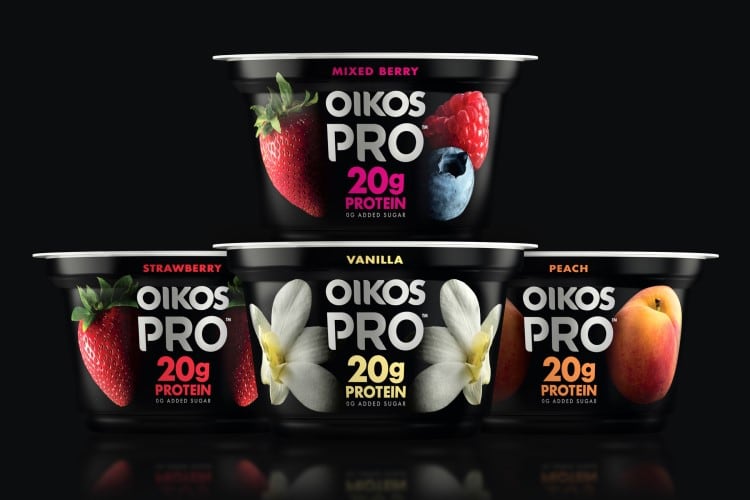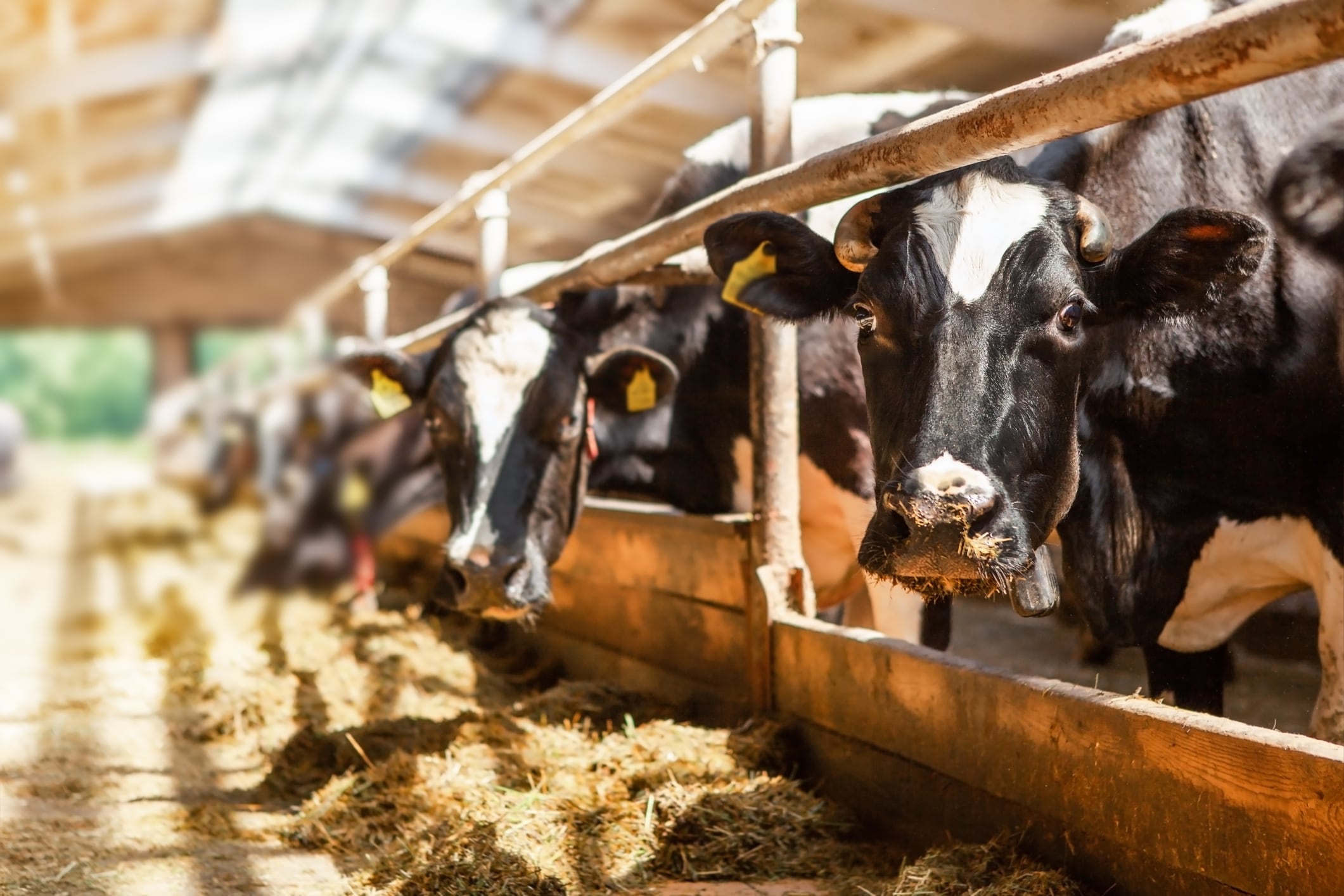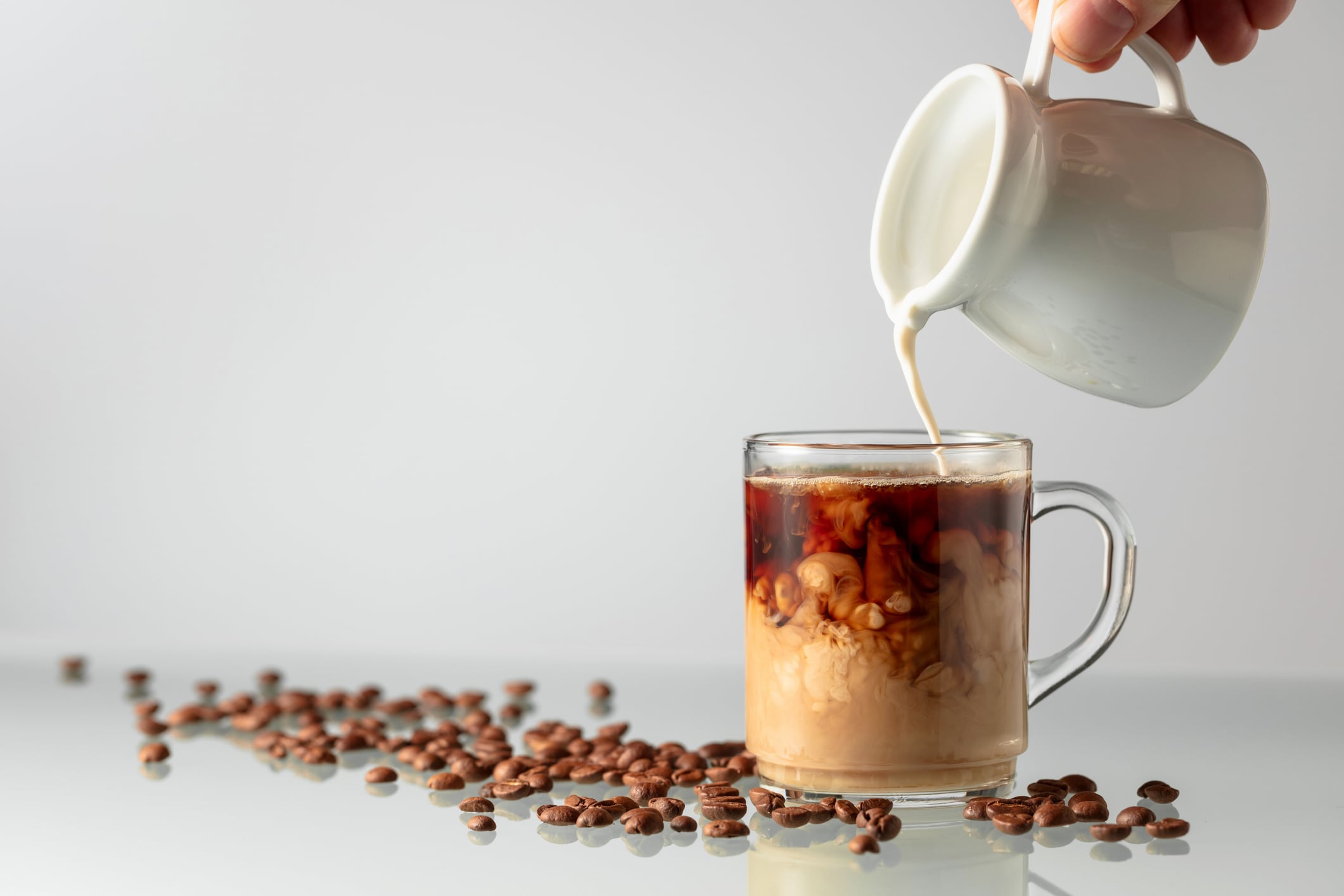Most dairy majors have one – a program designed to engage raw material producers in more sustainable means of production, improve yield and resilience, and reduce emissions for the manufacturer. This may feed into a corporate strategy that involves ESG targets, incentives and specific solutions or practices for producers to take up.
But there’s no one-size-fits-all approach to sustainability in dairy: what works at one farm may not work at another. For a company like Danone, figuring out how to empower its global supplier network to adapt to more sustainable dairying is a tall (and expensive) order. But getting farmers themselves to talk about the challenges they face – and how they are addressing them – is a valuable first step.
Olivier Verdelet, Global SVP of Agriculture & Sustainability, told us that fostering communication between farmers is at the heart of Danone’s new Milk Academy program. The initiative brings together farmers from across the globe for in-person learning, which involves hearing from academics and solutions providers but also from farmers themselves.
“The entire program here is farmer-centric,” Verdelet told us. “What’s new is that we are a facilitator: we connect farmers that face similar challenges, even if they are located in different parts of the world.
“The program is very complete: we are talking about animal health, genomics, reproduction, adapting your barn so that you don’t have a drop in protein production during heat wave… It’s a 360-degree view, from feed to manure.”
The Milk Academy caters to different farming models and sizes and brings together producers who face similar challenges. “A very large farm in North America would face different challenges – how to leverage advanced genomics, for example – whereas a small farm in Morocco would have much more fundamental needs to address,” Verdelet explained.
In-person training is held in three centers: in the US (in Ohio), Europe (Belgium) and North Africa (Morocco). Cornell University is Danone’s academic partner in the US while Wageningen University provides expertise in Europe. Lely, MSD Animal Health, Worldwide Sires (Select Sires) and Zoetis are among the technical partners of the program.
As for what happens in training, broadly, producers receive academic advice, then get to learn about commercially-available solutions. A four-day training recently held at Cornell covered biosecurity on day one; animal health, reproduction and genomics on day two; regenerative agriculture and nutrient management on day three, and profit management, labor shortages and succession planning on day four. Crucially, those attending could exchange knowledge and experience in an informal setting, too.
“We had a round table session, which was probably one of the most appreciated parts of the training by the farmers,” Verdelet explained. “Because it’s directly farmers talking about their experience, what they’ve done, what worked and didn’t work, their tips and tricks to make it work. That peer to peer help is a key lever that we need to leverage even more.
“As you give producers the knowledge, you start to have people who become ambassadors for sustainable practices. And this is what we want to catalyze.”
Olivier Verdelet, Danone
It gets trickier when it comes to upskilling smallholders, who are much less efficient in producing milk. For one, there are fewer solutions available for those farmers.
“You don’t give feed additives to a smallholder” Verdelet said. “If you can increase their milk production from 5kg per day to 10kg, you’d double their income. So, we go beyond The Milk Academy in those parts of the world: we secure access to cows with the right genetics, for example. It’s about securing access to good quality feed, good quality cows, access to fundamental animal health.”
Elsewhere, the hope is that producers who attend The Milk Academy would spread the word about the benefits and opportunities to others.
“You can’t bring in everybody,” Verdelet said. “But the objective we have is when you’re back in your markets, please become an ambassador for these new farming practices.”
Methane: Improving yield ‘the best way’ to achieve reductions
Danone is among the few dairy majors that publicly disclose their methane emissions. Methane is the single biggest contributor to GHG emissions from dairy farming, making it a key objective for Danone to cut down methane from its raw milk supply. What’s the company’s strategy there?
“Reducing methane through a better yield, through a more productive farm, is the best way,” Verdelet said. “We try to ensure farms are at the right efficiency level before studying or implementing other technologies that would cut methane.”




